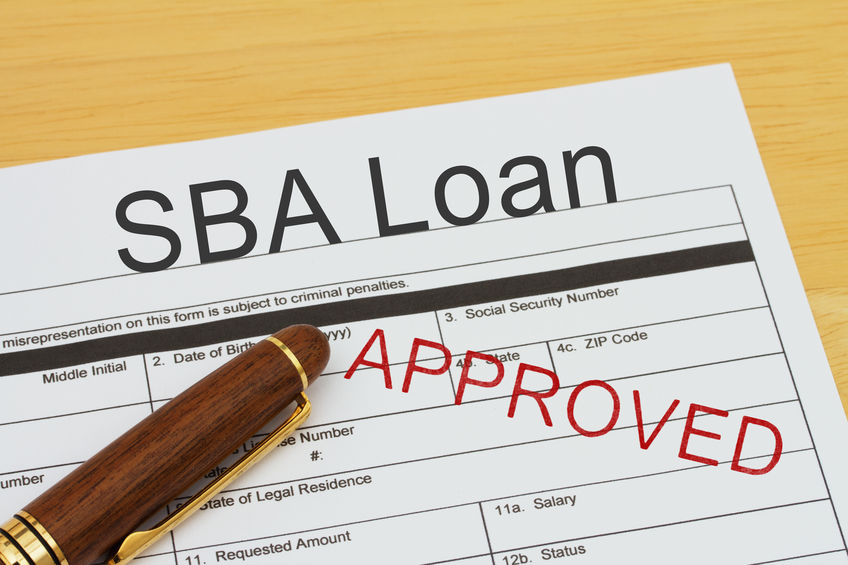Don’t Just Say You Can Do SBA Loans, Learn How to Broker Them
 “As in anything else, once you master the learning curve, you’re fine,” says Bob Coleman. “The reason why SBA lending is difficult is you may not know the rules.”
“As in anything else, once you master the learning curve, you’re fine,” says Bob Coleman. “The reason why SBA lending is difficult is you may not know the rules.”
And that’s where Coleman comes in, a former lender turned news source and educator of SBA loan brokers, he offers his own online course called the Certified SBA Loan Broker Training, which is open to commercial loan brokers of various backgrounds that want to master SBA. Without training, brokers unaccustomed to the process can get lost and bogged down if they try to figure it out on the fly.
For instance, “If you drop something off at your lender, the lender is going to come back with 15 things and you may not know exactly what they want,” Coleman says, “and therefore the difficulty arises when you don’t know exactly what the lender wants and you ask the borrower and then it becomes a long drawn out affair.”
It’s precisely this scenario that scares brokers accustomed to light paperwork and perks like 2-hour approvals in the short-term working capital space from even attempting to try their hand at SBA. But even the merchants can be scared off by a longer more arduous process. Coleman also acknowledges that there has been a collective awakening throughout the mainstream commercial finance space that speed is on every business owner’s mind.
But speed can be a matter of experience and just knowing what to do, how to do it, and who to do it with. Besides, in an era of creeping one-stop-loan-shops that can do it all, it will become increasingly difficult for today’s broker to tell a customer that they don’t really know how to do the harder stuff and to always default to a short term loan or MCA when the broker next door is ready to put an SBA loan together if that’s the best course of action. As most brokers are aware, many short-term working capital brokers also offer equipment financing at the very least and vice-versa these days.
 “A successful broker is one that cultivates a relationship with a few lenders,” Coleman says. “A broker is more entrepreneurial [versus an in-house business development officer], has access to a number of different products, and they work with a core level of lenders or funders.”
“A successful broker is one that cultivates a relationship with a few lenders,” Coleman says. “A broker is more entrepreneurial [versus an in-house business development officer], has access to a number of different products, and they work with a core level of lenders or funders.”
And that all comes down to training, which Coleman’s course offers for SBA.
“The loan broker course is geared for loan brokers who have a basic knowledge of commercial lending,” Coleman says. “We’re not going to go through and tell them how to analyze an income statement or a balance sheet, but we are going to tell them what SBA lenders are looking for.”
Coleman’s course is designed to take 12 weeks, though with it being online those enrolled can move at their own pace. As a benefit those taking the course get access to Coleman himself and can ask him questions and can join his weekly live show. There’s also the Coleman Roundtable where brokers and lenders dial in together once a week so that lenders can provide updates on what type of deals they’re looking for.
“It’s always a moving target of what the lenders will do,” Coleman says, “As we go through economic cycles, lenders tweak their credit boxes of what they want, and the brokers have to understand the lenders have a tremendous amount of pressure from a lot of stakeholders on how they want their portfolios to look.”
To that end, any broker that maybe tried their hand on an SBA loan in the past and walked away discouraged shouldn’t give up on it entirely.
“SBA is constantly changing,” Coleman says. “If you had a bad experience three or four years ago with a particular lender, forget about it and find out what’s new.”
Bob Coleman will be speaking alongside Sean Murray at Broker Fair New York City on May 20 if you’d like the opportunity to learn more from him and pick his brain in person. Last modified: April 6, 2024
Sean Murray is the President and Chief Editor of deBanked and the founder of the Broker Fair Conference. Connect with me on LinkedIn or follow me on twitter. You can view all future deBanked events here.































